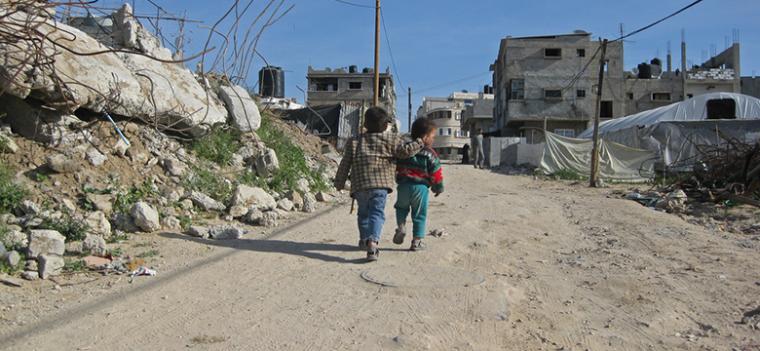News
- A recent ESMAP-supported study led to an $11 million World Bank project to help West Bank and Gaza secure energy for their populations
- The study “Securing Energy for Development in West Bank and Gaza” identified solar rooftop PV to increase energy supply for households, businesses and hospitals
- It also outlined innovative methods to create the enabling environment needed to attract private investment
Recent analysis supported by ESMAP led to an $11 million West Bank and Gaza Electricity Sector Performance Improvement Project approved by World Bank in July 2017.
The ESMAP study identifies, for the first time, options for diversifying energy supply to help West Bank and Gaza meet their growing energy demand by 2030 amidst high political and economic uncertainty.
West Bank and Gaza are facing significant energy security challenges. Imports from the Israeli Electric Corporation (IEC) accounts for 99% of electricity supply in West Bank and 64% in Gaza. However, recently supply has been constrained due to power line overloads. In Gaza, power supply only meets half the demand leading to blackouts, while West Bank is experiencing more frequent power shortages during peak winter and summer months.
Scaling up renewable energy to diversify supply was one of the study’s key recommendations. Specifically, centralized and decentralized solar, such as solar rooftop PV was deemed a viable option. Both West Bank and Gaza have substantial solar potential and in the Gaza Strip particularly, rooftop solar could play a vital role in increasing energy security and acting as an electricity safety net.
Based on these findings, the World Bank project devotes $2.5 million to help thousands of households, businesses and hospitals to install small solar rooftop systems for a total of around 1.5 MW installed capacity. These beneficiaries pay back the cost in monthly installments until the system is paid off. These payments will return to a revolving fund that will be used to install more solar systems and benefit others too. The revolving fund has the potential to scale up to West Bank as well.
The ESMAP report also identified innovative methods to address the financial sustainability of the sector and create a conducive environment for private sector investment in power generation.
Several electricity distribution companies in West Bank and Gaza are suffering operational losses largely due to electricity theft. Their poor financial situation makes them unable to pay for the energy they import. If network losses are reduced this will increase their cash flow and strengthen the sector’s creditworthiness and attractiveness to private sector players.
Based on this recommendation, the World Bank project devoted $5.3 million for a revenue protection program and management information systems which provides companies with cutting edge tools to minimize theft and other technical losses.
ESMAP is working in several other fragile states such as Afghanistan, Liberia among others, to help them increase electricity access for the poorer populations and improve sector performance.
Securing energy for development in West Bank and Gaza (Annex)
